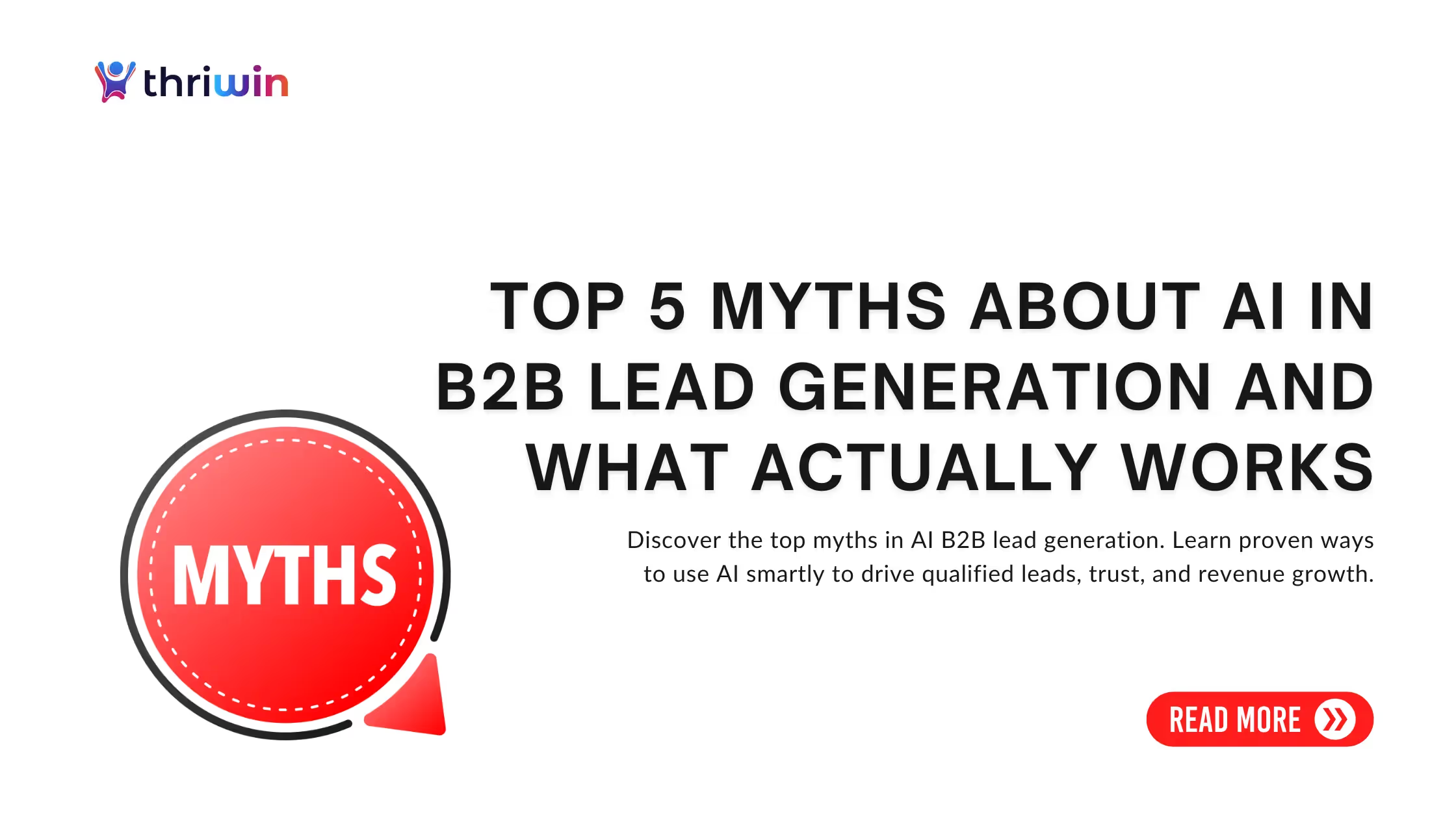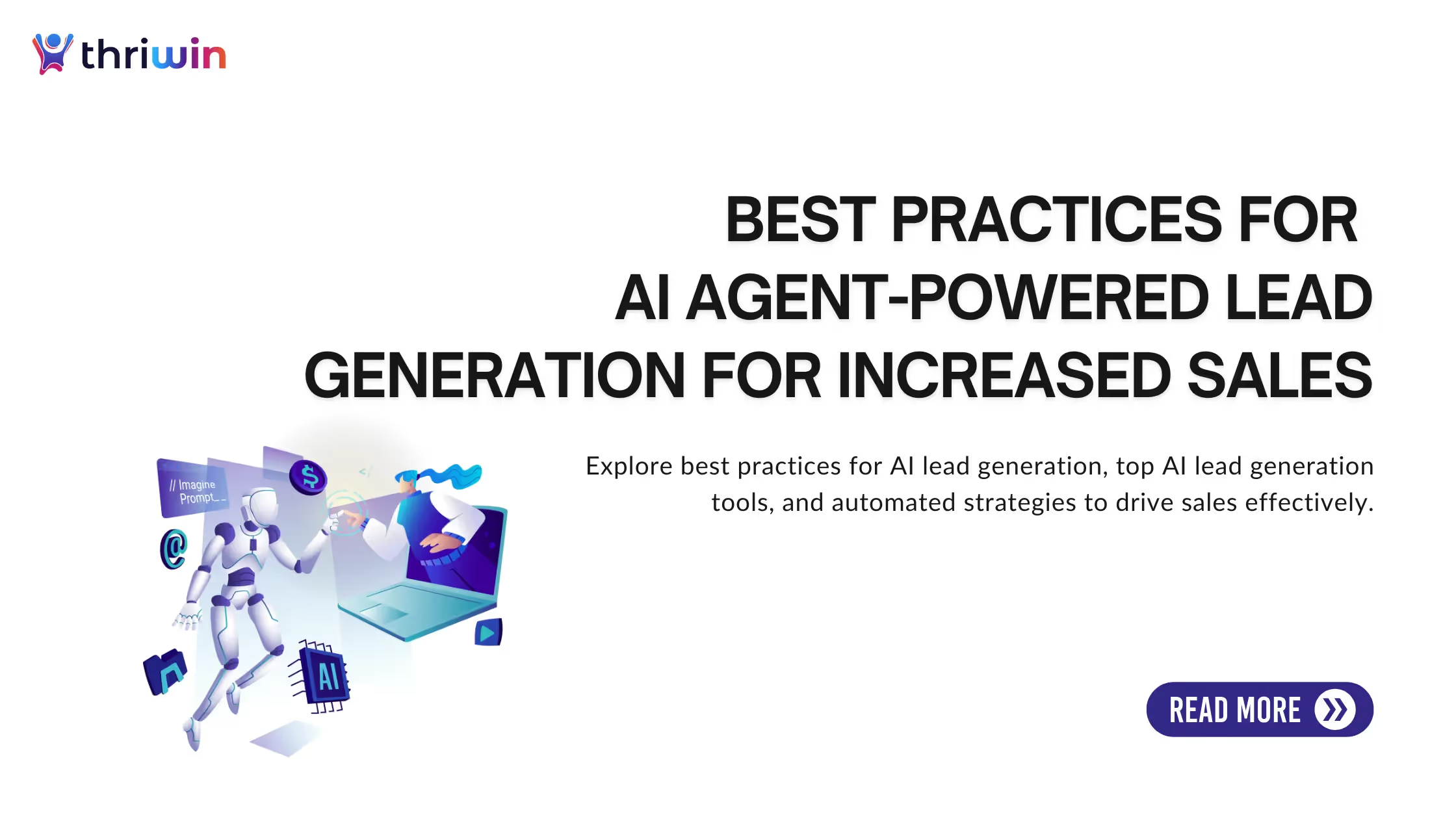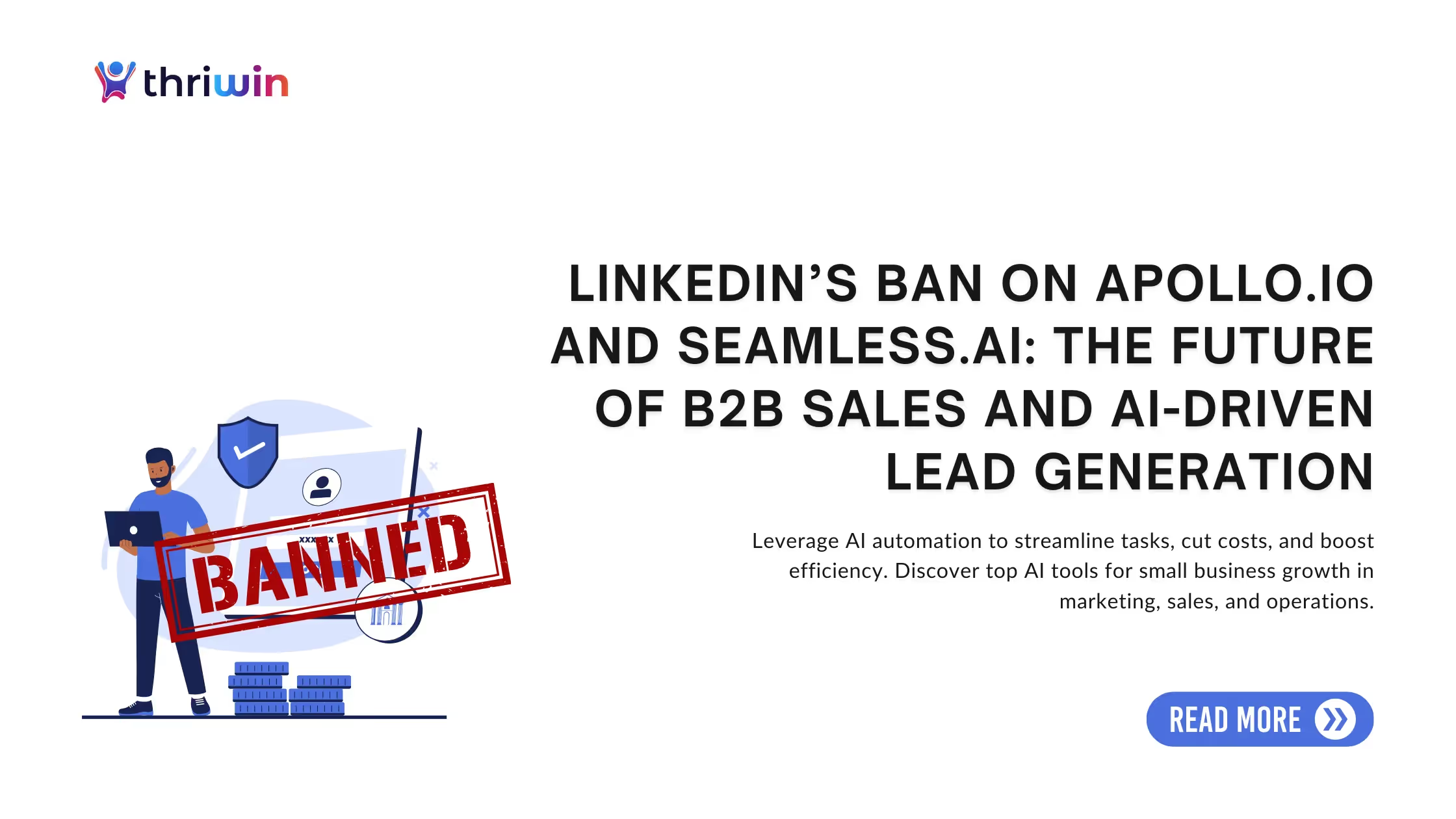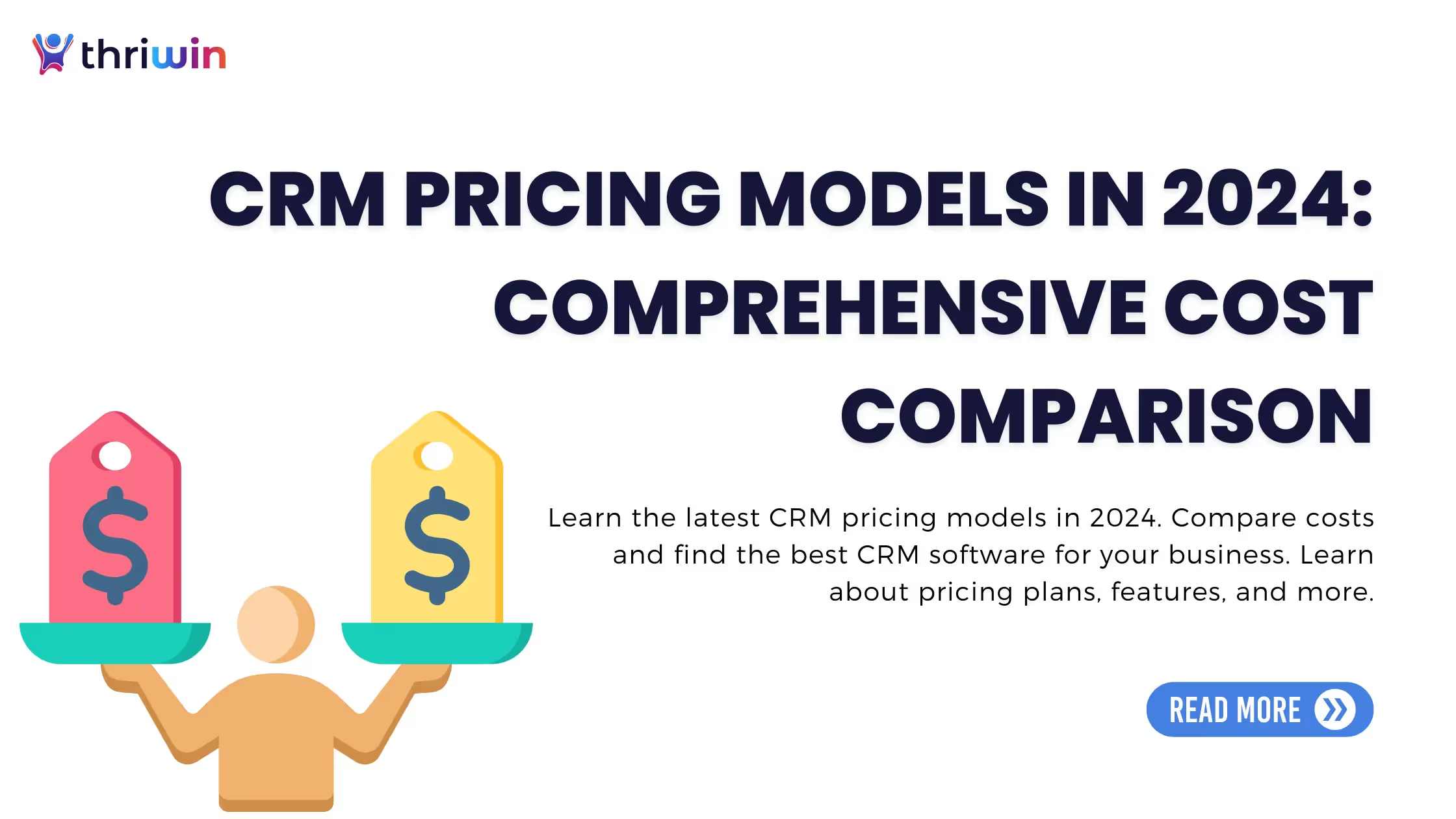From bold promises of “unlimited leads overnight” to fears that AI will destroy human connection, misconceptions about AI in B2B lead generation are everywhere. These myths cost startups and SMBs time, money, and trust.
Whether you’re a founder scaling outbound or a marketer tired of bloated tech stacks, here’s what AI actually does in the lead generation process—and what it doesn’t.
Why AI Myths Persist in the World of Lead Generation
Despite how far AI has come, confusion still lingers, especially when it comes to lead generation. For founders, marketers, and sales teams looking to grow rapidly, these myths can lead to costly mistakes or missed opportunities. The problem isn’t looking itself—it’s a rapidly mismatched expectation and costly execution.
Understanding why these myths persist is the first step towards harnessing the actual potential of AI in lead generation. By understanding the basic causes of these misconceptions, you can effectively utilise AI for what it truly excels at: identifying patterns, scaling outreach, and generating qualified leads with precision.
Let’s break down what’s fueling the noise—and where clarity begins.
- Overhype from Tools Promising “Set It and Forget It” Automation
Many tools in the market oversell their AI capabilities, making it sound like AI will deliver high-intent leads without human effort. This creates unrealistic expectations and erodes trust.
- Misunderstanding AI’s Role in the Sales Funnel
AI is often confused with full automation. But lead gen isn’t just about data—it’s also about timing, messaging, and emotional context. AI supports these steps, but doesn't replace them.
- Resistance from Sales Teams Who’ve Been Burned
Sales representatives and SDRs have faced AI-generated lead lists that were outdated, irrelevant, or simply incorrect. When AI tools are poorly implemented, they cause more harm than good, fueling myths.
Myth #1 – AI Instantly Delivers More and Better Leads
What People Believe:
The moment you plug an AI tool into your CRM or email system, leads will start pouring in—high-quality, high-intent, no manual work needed.
What’s Actually True:
AI isn’t a magic tap. It’s a system that relies on accurate data, clear objectives, and consistent calibration. If your data is outdated, your ICP isn’t defined, or your outreach lacks clarity, even the most advanced AI models won’t help.
AI improves lead generation by enhancing prioritization, pattern detection, and prediction accuracy, rather than replacing strategy or execution. Companies that take the time to prep their systems see far better ROI than those that expect overnight miracles.

Myth #2 – AI-Generated Leads Feel Robotic and Impersonal
What People Believe:
AI-written emails are cold, generic, and easy to spot. People often assume that prospects won’t engage with content created by a machine.
What’s Actually True:
Badly used AI feels robotic. Smartly trained AI tools, on the other hand, can personalise outreach better than manual efforts, especially when enriched with data like job changes, technology stack, or buying signals.
When you train AI with buyer persona insights, custom value props, and emotional triggers, it can scale relevance, not just scale volume. The key is not letting the tool write for you blindly—it should support, not replace, strategic messaging.

Myth #3 – AI Lead Gen Tools Are Only for Big Companies
What People Believe:
Startups and SMBs think they need a data science team, a massive tech budget, or enterprise-grade infrastructure to use AI meaningfully.
What’s Actually True:
Modern AI tools are lightweight, modular, and accessible—many are built specifically with lean teams in mind. With usage-based pricing, intuitive dashboards, and plug-ins for tools like HubSpot or Pipedrive, AI is no longer an exclusive advantage of enterprises.
Startups can move faster than large enterprises by experimenting with AI-powered lead scoring, chatbots, and enrichment APIs without the bureaucracy.

Myth #4 – AI Replaces Your Sales Team
What People Believe:
Sales reps fear AI will automate them out of a job. Founders sometimes hope AI will make hiring SDRs unnecessary.
What’s Actually True:
AI automates repetitive tasks—like sorting leads, scheduling emails, or nudging cold prospects. However, selling still requires emotional intelligence, objection handling, and relationship building—skills that no AI has yet mastered.
Instead of eliminating sales roles, AI enhances them. It reduces the time spent on administration, allowing representatives to focus on calls, strategy, and building trust.
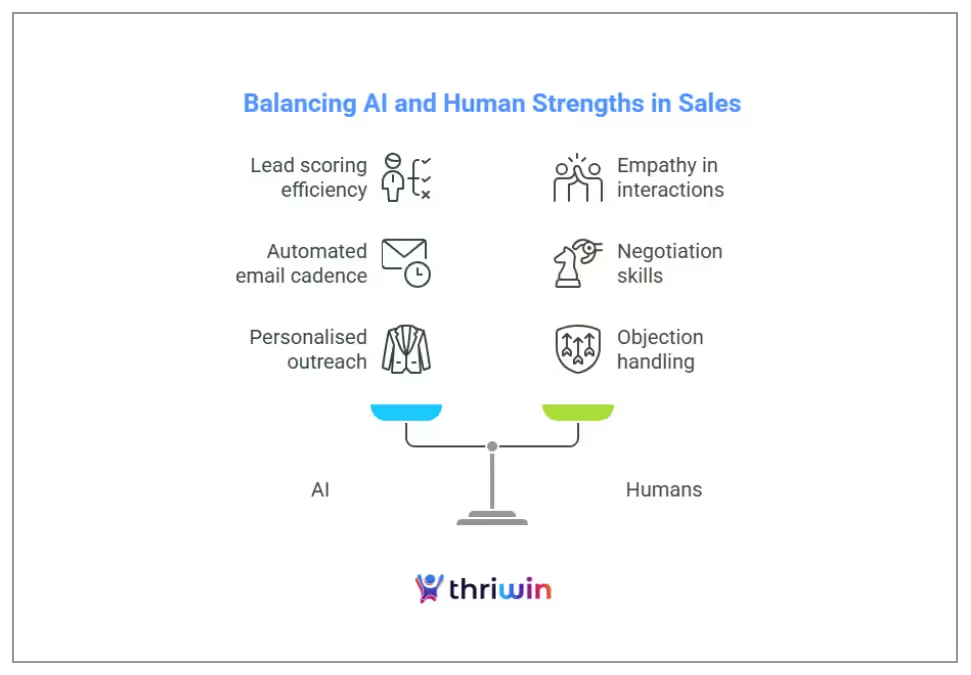
Myth #5 – Once AI is Set Up, It Runs on Autopilot
What People Believe:
You set up the AI system once, and it continues to work like magic forever. No monitoring needed.
What’s Actually True:
AI systems degrade if not reviewed regularly. Models trained on outdated customer data or changing markets become inefficient. Sales AI works best when paired with continuous feedback, A/B testing, and manual overrides when needed.
It’s like a high-performance engine—it needs maintenance, refuelling, and tuning to run efficiently over time.

Myth #6 – AI Ignores Data Privacy and Compliance
What People Believe:
AI tools can scrape personal data carelessly, exposing your company to legal and reputational risks. Many teams worry that using AI for lead generation automatically means violating GDPR, CCPA, or CAN-SPAM regulations.
What’s Actually True:
Responsible AI platforms are built with compliance at their core. Modern solutions don’t just enrich data—they enforce strict privacy protocols and respect opt-out signals. From encryption standards to audit trails, trusted AI providers design their systems to meet evolving regulations.
Prioritising data privacy isn’t just about avoiding penalties—it’s a competitive advantage. When your leads trust how you handle their information, they’re far more likely to engage and convert.
Putting It All Together—What AI Delivers in Lead Gen
AI isn’t a shortcut—it’s a system that accelerates what already works and exposes what doesn’t.
When used correctly, AI-powered lead generation enables your team to identify the right prospects more quickly, reduce manual sorting, and enhance conversion accuracy.
But it’s not plug-and-play magic. Success with AI happens when it’s paired with the proper foundation and ongoing strategy.
This is where most growing businesses hit a wall—not because the tech doesn’t work, but because the inputs are broken. You can’t expect sharp results if your data is outdated, your ICP is vague, or your messaging is one-size-fits-all.
So, what does effective AI in lead gen look like?
- Clean, up-to-date CRM data
Your AI is only as strong as the data it feeds on. Inaccurate, incomplete, or duplicate entries will confuse lead scoring, automate the wrong messages, and waste rep time. Clean data ensures your AI engine makes smart decisions—segmenting, enriching, and scoring leads that fit.
- Precise segmentation and messaging logic
Throwing generic content into AI tools is a recipe for poor engagement. The best results come when you define personas, value propositions, and offer variations that the AI can build from. Startups that map out their buyer journeys and address sales objections see three times better AI-assisted conversion rates.
- Human checkpoints and final oversight
Even the most advanced AI systems require human oversight and intervention. Whether it's reviewing outreach sequences, validating lead quality, or adjusting campaigns based on feedback, AI should support—not replace—your sales strategy. Think of it as a high-performance co-pilot.
- Platform trust—Thriwin doesn’t sell false promises.
At Thriwin, we don’t offer generic lead lists or hype-filled dashboards. Our system is designed for teams that want smart, predictable growth, rooted in verified data, ethical outreach, and outcomes that both sales and marketing can trust.
How Thriwin Builds AI That Sales Teams Use
At www.thriwin.io, we’ve seen firsthand how flashy dashboards and vanity metrics distract teams from what truly matters: honest conversations, real pipeline, and real revenue.
That’s why Thriwin was designed by actual revenue operators—marketers, SDRs, and founders—who grew tired of bloated CRMs, endless AI hype, and lead lists that look good on paper but fail to deliver results.
We built Thriwin to solve the real problems AI vendors often gloss over:
- SDRs wasting time on poorly scored leads
- Teams are relying on fake “intent” data with no buyer signals.
- Founders are burning ad budgets on tools that don’t convert.
What Makes Thriwin Different?
- Intent-Backed Targeting, Not Just Enrichment
We don’t just scrape job titles—we track verified buying signals. Every lead you see in Thriwin is enriched with real activity, from tech installs to hiring trends, so your outreach starts with why now. - Compliance-First AI, Built for Global B2B Sales
Data privacy isn’t an afterthought. Thriwin is built to meet GDPR, CCPA, and CAN-SPAM standards from the outset, ensuring your outbound communications are competent and safe. - Human-Verified Leads, Not Just Machine Guesses
AI does the heavy lifting, but our human QA team ensures every lead you act on has been validated by real eyes. This double-layer quality check means your SDRs spend time closing, not cleaning. - Seamless Integration with Your Existing Stack
Thriwin works with your CRM, email tool, and outreach workflows. No complex onboarding, no code required—just plug in and get moving.
FAQs
1. Can AI improve lead quality in B2B sales?
Yes, AI improves lead quality by analysing buyer intent, enriching data, and prioritising high-conversion prospects—especially when paired with human validation, like in Thriwin.
2. Why do AI-generated leads often feel generic?
Because many tools use poor input, when trained with real buyer signals, AI can deliver more personalised and relevant outreach than manual efforts.
3. Is AI lead generation only for large companies?
No. Modern tools like Thriwin are built for startups and SMBs with plug-and-play features, making AI both accessible and affordable.
4. Will AI replace my sales team?
No. AI handles repetitive tasks, but sales still need a human connection. The best results come from AI supporting—not replacing—your team.
5. Does AI lead gen work on autopilot once set up?
No. AI needs regular tuning and feedback to stay effective. Without it, performance drops over time.
6. Does AI respect data privacy regulations?
Yes. Responsible AI tools are designed to comply with data privacy laws, including GDPR, CCPA, and CAN-SPAM. Platforms like Thriwin prioritize ethical data practices by enforcing consent-based outreach, encrypting sensitive information, and maintaining audit trails. Always choose AI solutions with documented compliance and clear privacy policies to keep your business protected.
%201.svg)


